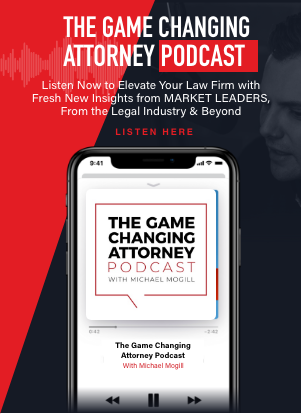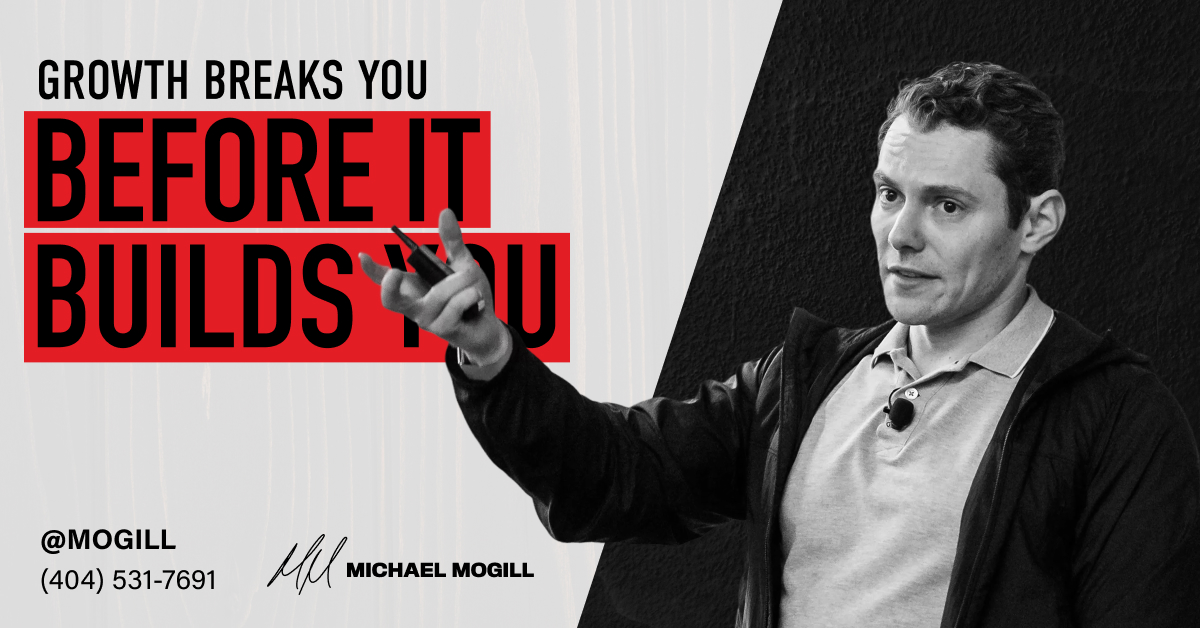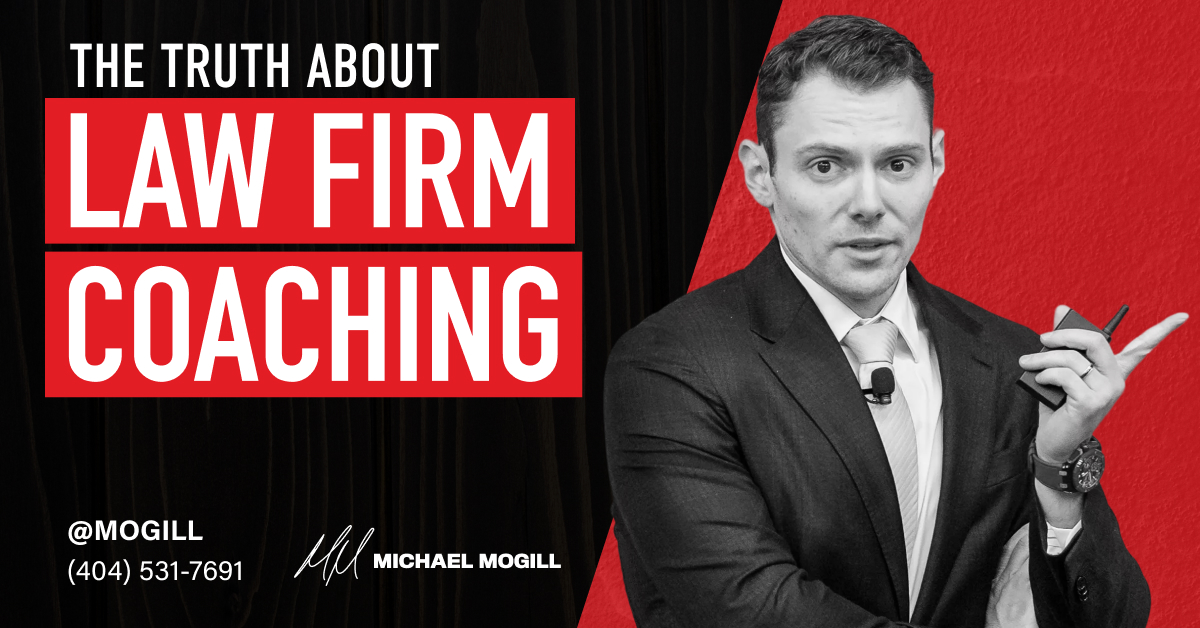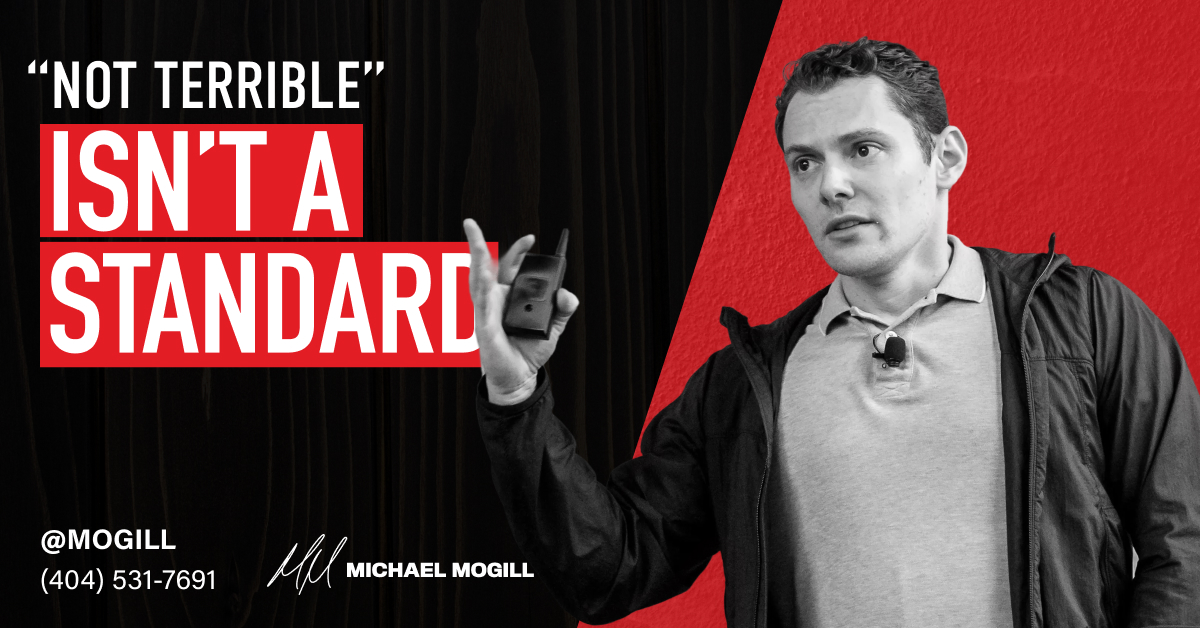In the early days of Crisp, I believed I had to personally solve every challenge our company faced. Even when it came to areas outside my strength and expertise, I believed every obstacle was a puzzle that I as the leader had to solve. I thought that to lead effectively, I had to know how to do everything myself.
But over time, I realized this mindset was not only limiting but also unsustainable.
By insisting on figuring out every “how,” I was capping our potential based on my personal knowledge and abilities. No one person — no matter how capable — is great at everything. So really, my insistence on doing it all myself stifled our growth and narrowed our vision.
The turning point came when I embraced a different outlook.
Instead of asking: “How do I solve this?” I began asking: “Who can solve this?”
This shift in perspective is rooted in the concept of leveraging the skills and talents of others.
Recognizing that my own capabilities are finite, I understood that building a team with diverse strengths could unlock opportunities beyond my individual reach.
I tested this theory in 2018 when Crisp decided to host our first Game Changers Summit. At the time, our expertise was in video production and marketing; we had no experience in event planning. The prospect of managing logistics, audio-visual requirements, catering, and vendor negotiations was daunting. I could have attempted to learn all these facets myself, but I understood that doing that would delay the event and divert focus from our core competencies.
Instead, we brought on an exceptional Director of Events, who had orchestrated over a thousand events before joining us. Her wealth of experience meant she had already navigated the challenges we faced and could implement effective solutions from day one.
By entrusting her with this responsibility, we seamlessly expanded our capabilities and successfully hosted the first Summit (and every one since).
The experience really emphasized the power of focusing on “who” rather than “how.” By identifying and empowering individuals with the right expertise, we achieved outcomes that would have been unattainable had I tried to do everything myself.
This philosophy aligns with Dan Sullivan‘s concept of “Who Not How,” which argues that leaders should seek out the right people to bring their visions to life, rather than get bogged down in the mechanics of execution.
So if you want to grow your business, you might want to take a look at your organization and ask yourself: “Is each member of my team doing the work that suits them best? Am I?” Maybe they are, or maybe it would be worth re-shuffling some responsibilities and even hiring more specialized talent to achieve greater collective efficiency and long-term growth.
The path to scaling your business lies not in mastering every detail yourself but in building a team of capable individuals who can take your vision and execute it with excellence.
By shifting your focus from “How can I do this?” to “Who can do this?” you open the door to greater growth, efficiency, and success.






